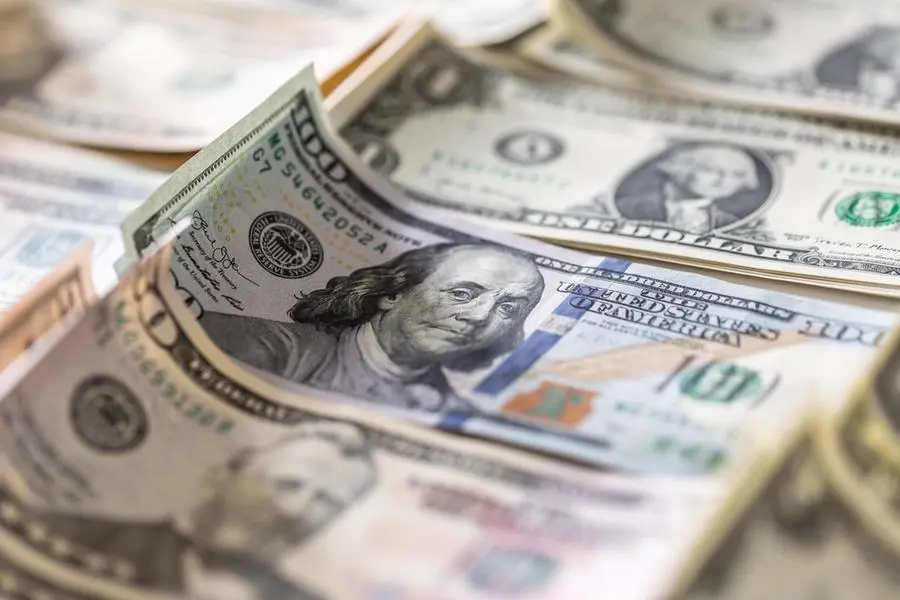PHOTO
Nigerian foreign exchange reserves has shed $578.347 million amid rising demand for dollars which has stifled both local and foreign investors.
Reserves fell from $36,656,047,017 on March 1 to $36,077,699,485 by March 15, 2023.
It also fell $37,069,719,189 on January 3, 2023 to $36,077,699,485 on March 15 this year.
Consequently, the country’s reserves lost $992 million in 71 days, according to data analysed from the movement of reserves of the Central Bank of Nigeria.
Related News Abbey Mortgage Bank celebrates 31st anniversary Naira remains in short supply as banks ration currency, contend with queues Monetary Policy Committee to raise rates on GDP, inflation considerations
Nigeria has since 2020 struggled to meet its foreign exchange obligations and grow its reserves.
Although the CBN does not recognise black market foreign exchange rates, most unmet US dollar demands from the official market are shifted to the parallel market. The exchange rate of dollar to naira in the parallel market strengthened on Friday, March 17 to trade at an exchange rate of N750/1$. This represents a 0.66 percent gain from N755/$1 that was recorded in the previous trading session.
Foreign airlines have $744 million trapped with the CBN, according to the International Air Transport Association (AITA).
Manufacturers and exporters have also decried the CBN inadequate dollar rationing.
The apex bank has made several policies to improve foreign exchange earnings like the Naira-4-dollar scheme which pays N5 for every $1 repatriated by Nigerians living in the diaspora, and the RT200 non-oil export rebate which incentivises forex inflow from non-oil exports.
The CBN said through the RT200, over $4.9 billion were received as inflows in November 2022. In 2022, data from the CBN revealed that Nigerians spent $695 million on overseas education.
The amount was released by the CBN at a discounted rate to those who qualify for the Form A.
The ‘Form A’ provision allows Nigerians studying abroad access to foreign exchange at the official rate rather than sourcing from the parallel market.
This limits the gains of the different initiatives of the CBN aimed at bolstering the reserves, analysts have argued.
Copyright © 2022 Nigerian Tribune Provided by SyndiGate Media Inc. (Syndigate.info).




















